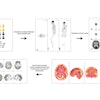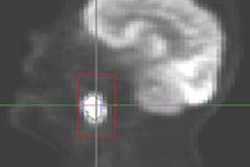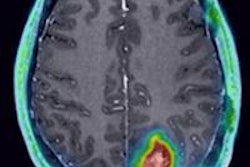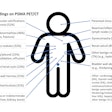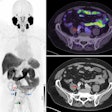Dear AuntMinnie Member,
Breast tomosynthesis is one of the most exciting breast screening technologies to develop in decades, but many women are being forced to pay for tomo studies out of their own pockets.
The American College of Radiology (ACR) believes this situation should change. This week it issued a statement supporting Medicare coverage for breast tomo screening exams.
The statement comes at a crucial time. While tomosynthesis has shown promise, no randomized controlled trials have been performed on its effectiveness, and some health policy experts have questioned whether it should be widely adopted without better evidence of its impact on patient outcomes.
ACR contends that the best way for such large-scale trials to be performed is to make the technology more widely available, which is exactly the scenario mammography skeptics would like to avoid.
Read more by clicking here, or visit our Women's Imaging Digital Community at women.auntminnie.com.
In related news, the U.S. Preventive Services Task Force (USPSTF) today released its finalized plan for reviewing its current recommendations on screening mammography. See how USPSTF will approach this controversial issue by clicking here.
PET and radiomics
Have you heard of radiomics? It's an emerging discipline that involves big-data techniques to extract quantitative information from medical imaging scans.
At this week's American Association of Physicists in Medicine meeting, researchers from Memorial Sloan Kettering Cancer Center talked about how they used radiomics to fine-tune radiation therapy for patients with non-small cell lung cancer or head and neck cancer.
The researchers reviewed PET scans to analyze changes in tumor shape and texture, which helped them predict how much radiation dose is required for particular tumors. Learn how it's done by clicking here, or visit our Molecular Imaging Digital Community at molecular.auntminnie.com.
TAE in the UAE
Next up is a new case report in our AuntMinnie Middle East special section, in which radiologists from the United Arab Emirates (UAE) describe their use of transcatheter arterial embolization (TAE) in a patient with life-threatening hemobilia as a result of cholangiohepatitis.
Traditional surgical therapies for hemobilia include liver suturing, partial hepatic resection, or hepatic artery ligation, but TAE could be considered the treatment of choice for high-risk patients.
Learn more about how TAE is being used in the UAE by clicking here, or visit AuntMinnie Middle East at me.auntminnie.com.


